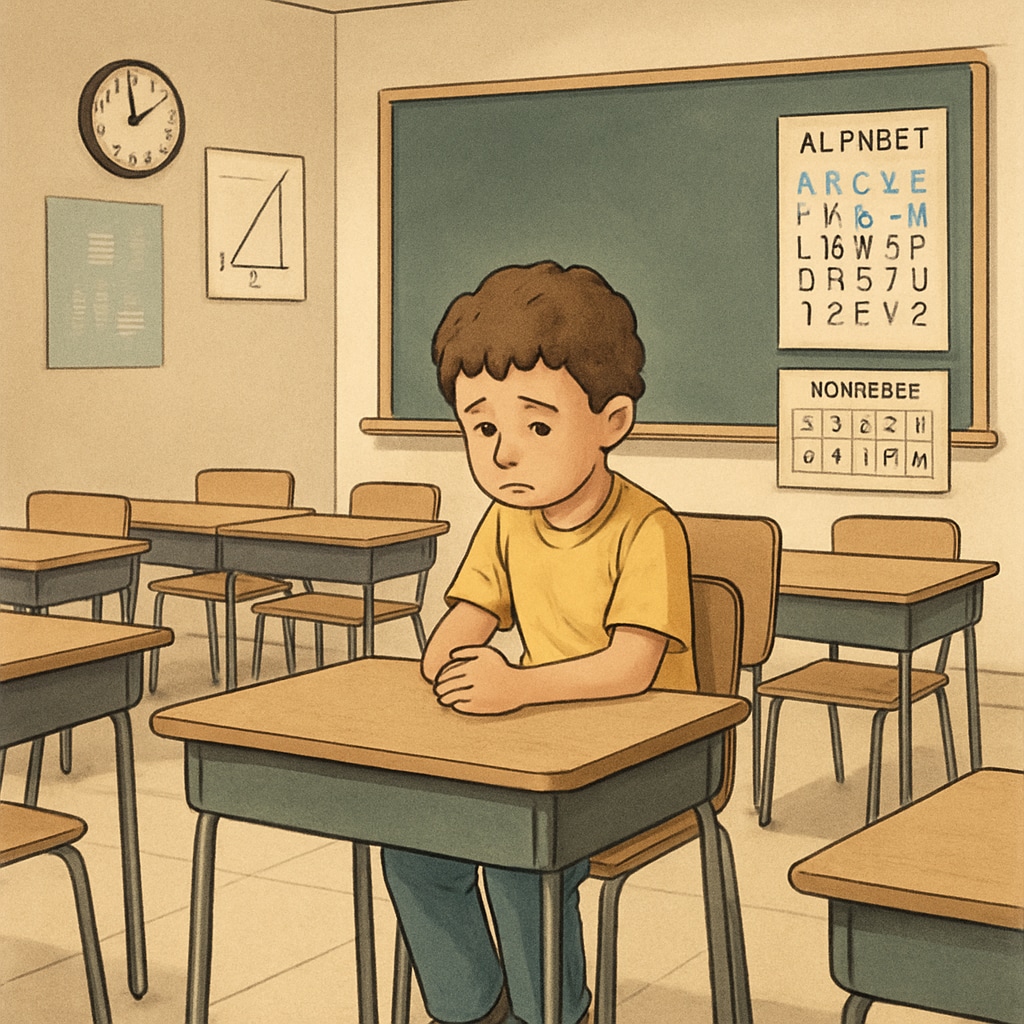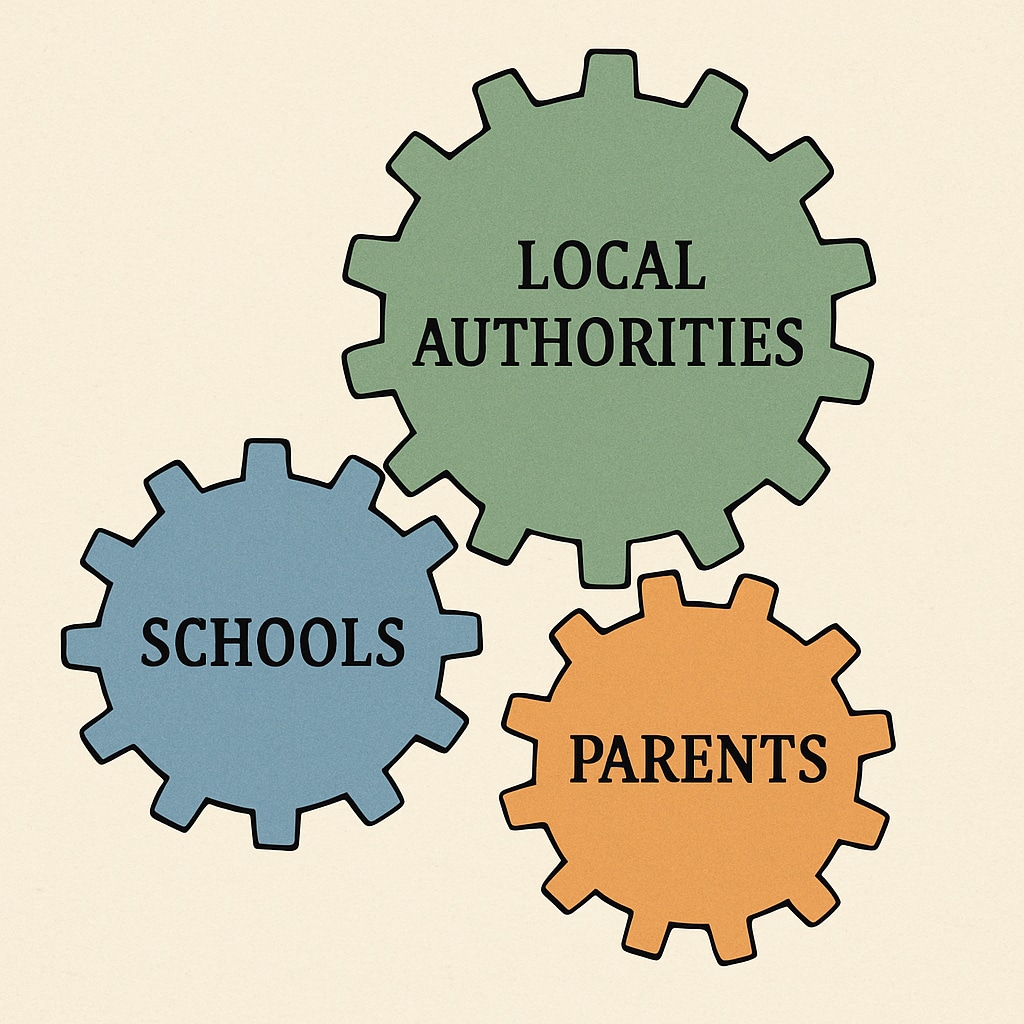Special education needs, school application delays, and educational responsibility are pressing concerns within the UK’s education system. For students requiring additional support, transitioning between schools can often become a prolonged and distressing experience. A recent case involving a 15-year-old girl with mental health challenges sheds light on the severity of these issues. Forced to leave her previous school due to psychological struggles, she faced a staggering 22-week gap before re-entering the education system. This incident underscores the administrative inefficiencies and lack of accountability that continue to hinder the progress of special needs students.
Understanding the Challenges Faced by Special Needs Students
Special needs students often require tailored educational environments to thrive. However, transferring to a suitable school involves navigating complex processes, including lengthy applications and bureaucratic hurdles. Schools and local authorities frequently grapple with delays in processing applications, leaving students in limbo for extended periods. In the case of the 15-year-old girl, these delays were exacerbated by unclear communication and the absence of a cohesive support system.
These challenges are not isolated. Statistics reveal that many families of children with special education needs (SEN) face similar obstacles, with some waiting months or even years for appropriate placements. The consequences are far-reaching, affecting not only the students’ academic progress but also their emotional well-being. A lack of timely intervention can lead to increased anxiety, depression, and social isolation.

Administrative Barriers and Accountability in the Education System
One of the primary issues contributing to these delays is the lack of clear accountability. Education authorities, schools, and parents often find themselves in a blame cycle, with each party pointing fingers at the other. This fragmented approach to responsibility creates gaps in communication, slowing down the placement process.
In addition, funding constraints and limited resources further complicate the situation. Many schools are reluctant to admit students with SEN due to the perceived financial burden of providing adequate support. As a result, families must often fight legal battles or appeal decisions, prolonging the transfer process.
It is essential for the government and local authorities to address these administrative barriers. Implementing streamlined processes and ensuring accountability at every step can significantly reduce delays and improve outcomes for special needs students.

Steps Towards a More Inclusive Education System
While the challenges are significant, there are steps that can be taken to create a more inclusive and efficient education system for special needs students:
- Streamlining Application Processes: Simplifying school transfer procedures and establishing clear timelines can help reduce delays.
- Improving Communication: Schools, local authorities, and families must collaborate and maintain transparent communication throughout the process.
- Funding Support: Allocating additional resources to schools for SEN programs can encourage institutions to accept more students in need.
- Accountability Frameworks: Establishing clear roles and responsibilities for each stakeholder can prevent the blame cycle and ensure timely action.
For example, countries like Finland have implemented robust systems to support special needs students, ensuring they receive uninterrupted education. The UK can learn from such models to improve its policies and practices.
The Human Impact of Systemic Neglect
The 15-year-old girl’s story serves as a poignant reminder of the human cost of systemic neglect. Her prolonged absence from school not only disrupted her academic progress but also compounded her mental health challenges. Such cases illustrate the urgent need for reform within the UK’s education system. By addressing administrative barriers and fostering accountability, the system can better serve its most vulnerable students.
In conclusion, special education needs, school application delays, and educational responsibility are intertwined challenges that demand immediate attention. The education system must prioritize inclusivity and efficiency to ensure every student receives the support they deserve. As a society, we have an obligation to bridge the gaps and create a future where no child is left behind.
Readability guidance: This article uses short paragraphs, active voice, and clear transitional phrases to enhance readability. Lists are employed to summarize key points, and images are strategically placed to complement the content.


